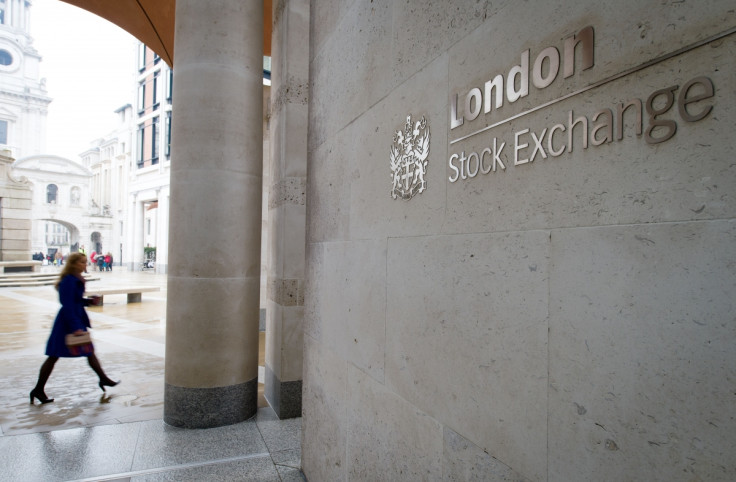Market round-up: European stocks hit lowest level since October 2014 as oil prices tumble

UK and European stocks plunged to their lowest level since October 2014 on Wednesday (20 January 2016), taking the cue from their Asian and US counterparts, which were dragged lower by the ongoing slump in oil prices.
Midway through the session, London's FTSE 100 was down by 3.09%, while France's CAC 40 and Germany's Dax were at 3.39% and 3.06% lower respectively, while the Pan European Stoxx 600 index fell by 3.07%.
Within 24 hours, oil prices went from looking to stage a steady comeback to plunging even further, as West Texas Intermediate fell by 2.21% to $28.93 (£20.42, €26.49) a barrel, while Brent tumbled by 1.84% to $28.24 a barrel. That followed a stark warning from the International Energy Agency, which said the oil market "could drown in oversupply" as increased output in Iran looks set to offset production cuts elsewhere.
"Since the beginning of this year equity markets have not only spun their wheels, they have lost any semblance of positive traction as continued concerns of oversupply in the oil and gas market set against a backdrop of slowing global growth has seen stock markets across the globe slip back into bear market territory," said CMC Markets' analyst Michael Hewson.
"Even the expectation of further stimulus from Chinese authorities hasn't been enough to buck the trend, and the risk is that we could well see further losses until such times that oil prices give any indication that they might be able to find a floor."
The sharp decline in oil prices dragged commodity-related stocks firmly in the red, with BHP Billiton, Royal Dutch Shell and Anglo American among the worst performers on the FTSE 100. Elsewhere, equity markets across Asia closed firmly in the red following news the International Monetary Fund slashed its global growth forecast to 3.4% from 3.6%, citing concerns over China and a slowdown in emerging markets among the main reasons.
The Shanghai Composite Index slid by 1.03% while Hong Kong's Hang Seng and Japan's Nikkei 225 tumbled by 3.82% and 3.71% respectively, with the latter remaining under the cosh as the appreciation of the yen continued to weigh.
"The yen is now trading at more than 7% of its highs from the middle of last year and more than 5.5% lower than a month ago, as investors seek the safety of the currency after markets went into meltdown at the start of the year," said Oanda's senior market analyst Craig Erlam.
"With further gains possible in the coming weeks, Japanese stocks could remain under pressure for the foreseeable future, with exporters in particular very exposed to the surge in the currency."
© Copyright IBTimes 2024. All rights reserved.






